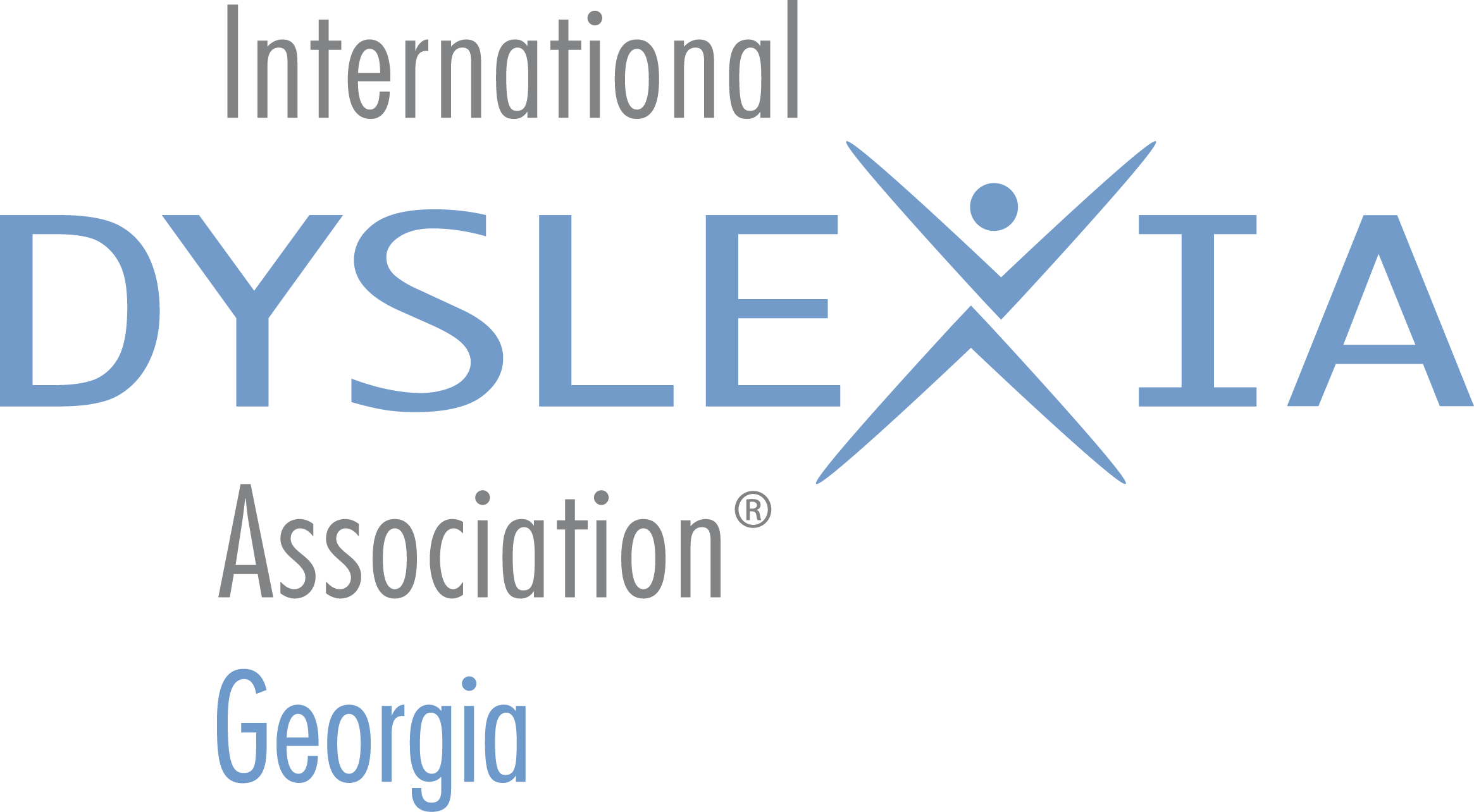Understanding Dyslexia in the Context of Developmental Language Disorders
“Clinical Implications: In light of the surge in advocacy surrounding dyslexia and DLD (see Bishop et al., 2012; Bishop et al., 2017; Ward-Lonergan & Duthie, 2018), it is important that researchers, practitioners, and the public are aware that dyslexia and DLD are distinct but often co-occurring disorders. Although the exact rates of co-occurrence will depend on the specific diagnostic criteria used for both dyslexia and DLD, it is likely that at least half of the children who are identified with reading disabilities in schools or clinics will have co-occurring DLD (G. M. McArthur et al., 2000). In addition, many children with dyslexia who perform within normal limits on standardized language assessments may have subclinical language deficits that warrant monitoring and educational accommodations.”
Dyslexia and developmental language disorder: same or different
Is My Child’s DLD Linked to Another Disorder?
Sean Redmond, Ph.D., CCC-SLP is a Professor at the University of Utah in the Department of Communication Sciences and Disorders. His research focuses on the differential diagnosis of DLD from ADHD and on the social and emotional consequences of DLD.
Understanding Dyslexia in the Context of Developmental Language Disorders
“Clinical Implications: In light of the surge in advocacy surrounding dyslexia and DLD (see Bishop et al., 2012; Bishop et al., 2017; Ward-Lonergan & Duthie, 2018), it is important that researchers, practitioners, and the public are aware that dyslexia and DLD are distinct but often co-occurring disorders. Although the exact rates of co-occurrence will depend on the specific diagnostic criteria used for both dyslexia and DLD, it is likely that at least half of the children who are identified with reading disabilities in schools or clinics will have co-occurring DLD (G. M. McArthur et al., 2000). In addition, many children with dyslexia who perform within normal limits on standardized language assessments may have subclinical language deficits that warrant monitoring and educational accommodations.”
Oral Language Impairments and Dyslexia
The International Dyslexia Association (IDA) thanks Hugh Catts, Ph.D., and Elsa Cárdenas-Hagan, Ed.D., CCC/SLP, CALT-QI, CDT, for their assistance in the preparation of this fact sheet.
https://dyslexiaida.org/oral-language-impairments-and-dyslexia-2/
“Whereas dyslexia and SLI can co-occur, these conditions are separate developmental disabilities (Catts, Adlof, Hogan, & Weismer, 2005). As stated, children with dyslexia may have some difficulties in oral language (beyond phonology) but only when these difficulties are severe would children also be diagnosed with SLI. Similarly, children with SLI are only considered to have dyslexia when they demonstrate significant difficulties in word reading and spelling.”
Oral Language & Literacy
https://publuu.com/flip-book/24429/135735

